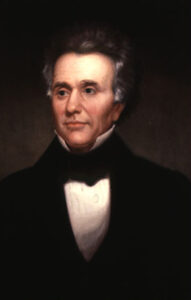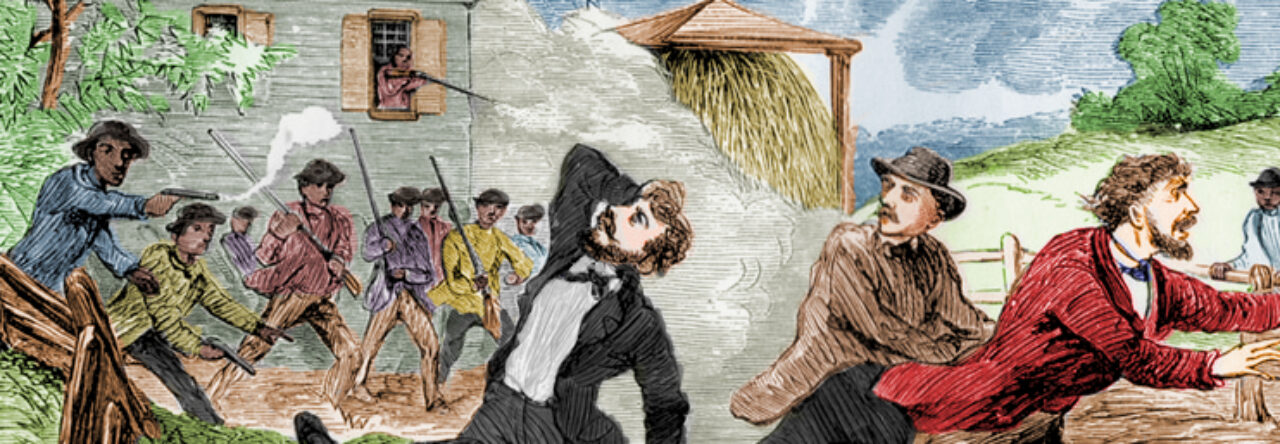Citation
Jack. v. Martin, December 1835, FULL TEXT via CaseLaw Access Project
Excerpt

New York chancellor Reuben Walworth declared the 1793 Fugitive Slave Act unconstitutional in the landmark ruling Jack. v. Martin (Historical Society of the New York Courts)
The right of trial by jury is secured to every citizen by the constitution. The act of congress is clearly void so far as it interferes with that right. If congress could legislate at all upon the subject, they should have provided for a trial by jury. Parsons v. Bedford, 4 Peters’ U. S. R. 446. 4 Black. Comm. 350. If it be said that this article of the constitution relates to questions of property, it is answered, the defendant claims Jack as his property, and is estopped from saying that this is not a question of property. Besides, the law considers every case of damages as involving a question of property. The constitution has reference to the probable recovery or amount in controversy. Again: it is a question of property as well as of freedom. A freeman has a property in his own limbs as against him who claims to be the owner of them and to direct their use. They are property because they are capable of producing it. If it be said that the rights of the party claimed to be a slave are not finally settled by the summary proceeding had, and that it is like the case of fugitives from justice, it is answered that there is no analogy in the two cases. In the case of the fugitive from justice, the arrest is for trial where the offence was committed; here there is no provision for further proceedings—no security that the person arrested will be carried where he can have a trial…. This is the very question—slave or traitor to be tried by a jury here. A man sent away as a slave has no means of appealing to a jury of the country as a freeman….
